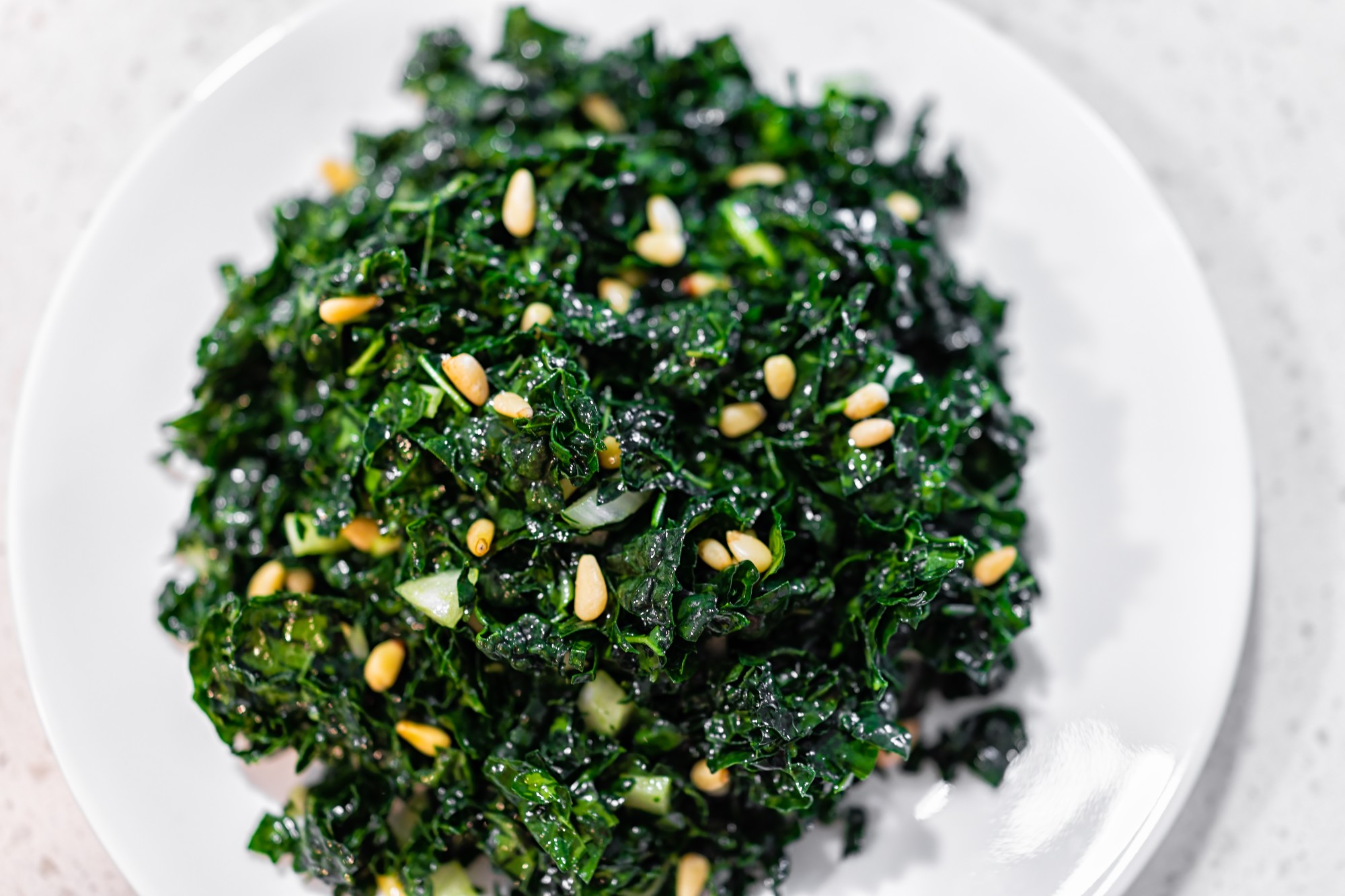
5 nutrients good for brain health that can delay dementia, or prevent it, and foods to eat with a high concentration of them
- We all know the benefits for our bodies of healthy eating. Now studies suggest our diet should include some key nutrients that help maintain cognitive function
- Experts explain how they protect our brains – and the good news is you don’t need to buy supplements to get these nutrients. They are in everyday food items
Eating well is important for general health and it can be especially good for our brains. Studies have pointed to specific nutrients that play a big role in supporting brain health and cognition.
Vitamin D
A collaboration between Britain’s University of Exeter and the University of Calgary in Canada found a positive link between vitamin D consumption and dementia prevention.


“We think that earlier intervention, that is taking [vitamin D supplements] before cognitive changes occur, is better,” Creese says.
Keep your brain sharp with the heart-healthy Mediterranean or Mind diets
Vitamin D also reduces oxidative stress and inflammation, both of which are linked to dementia.
Magnesium
Magnesium plays a vital role in many physiological processes, including brain function.

Khawlah Alateeq, a PhD candidate at the Australia National University College of Health and Medicine, was part of a team that conducted a study into the value of magnesium in promoting cognitive health.
Research has already shown that low magnesium intake may be associated with a higher risk of developing dementia later. Alateeq’s team’s motivation for the study was to investigate whether there was a link between magnesium intake and brain volume in a large, diverse population.
The study involved 6,000 cognitively healthy adults between the ages of 40 and 73. It found that those who consumed more than 550 milligrams of magnesium daily showed a brain age of around a year younger by the time they were 55 compared with someone with the average magnesium intake of roughly 350 milligrams a day.
What is sundowning syndrome? How it affects those with dementia and carers
The research indicated higher magnesium intake could lead to less age-related brain shrinkage, which in turn is associated with better cognitive function and a lower risk – or later onset – of dementia.
Magnesium helps regulate neurotransmitters, chemicals that transmit signals between nerve cells.
It also plays a role in regulating the activity of receptors that control the flow of ions into and out of cells, affecting neurons’ electrical activity, Alateeq says. Think of it as supporting the electrical circuitry and signalling system of the brain.
‘Use it or lose it’: building ‘cognitive reserve’ keeps dementia at bay
“Magnesium is also involved in many biochemical reactions that are important for brain function, such as DNA synthesis and energy production. So adequate magnesium intake is essential for optimal brain health and cognitive function,” she adds.

Potassium and calcium
Other nutrients that have similar brain-protecting properties include potassium and calcium, Alateeq says, based on previous research by her laboratory.
Potassium, which is an electrolyte that regulates fluid balance in the body, plays a critical role in nerve and muscle function. Alateeq says studies suggest that “higher potassium intake may be linked to better cognitive function and a reduced risk of cognitive decline in older adults”.

Vitamin B
One study found that vitamin B12 (cobalamin) may help lower the level of an amino acid in the blood called homocysteine, which has been linked to negative effects on the brain, including Alzheimer’s disease.
A long marriage could lower your risk of dementia, studies show. Here’s why
B12 is found in foods such as fish, eggs and meat, and can be taken as a supplement. It is important for the formation of red blood cells and DNA and plays a key role in the function and development of brain and nerve cells.
Another study cited the importance of B9 (folate) in preserving cognitive health. It found that elderly people were inclined to have diets very low in B vitamins, especially folate.
Folate was deemed so valuable in protecting older people’s brains that researchers suggested there should be broad public health measures to improve awareness of its place in diets, as it could serve as a low-cost weapon in the fight against dementia.











